During WWII, intelligence agencies quickly realised the important part women could play in spying on enemy territories. A field that was mostly dominated by men, soon saw women recruits.
And, among other women recruits was Noor Inayat Khan, the Indian princess who became a World War 2 spy and was recently named as the first Indian-origin woman to be honoured with the Blue Plaque in the UK on 28th August 2020. She was given the title for her sacrifices as a Special Operations Executive (SOE) in France.
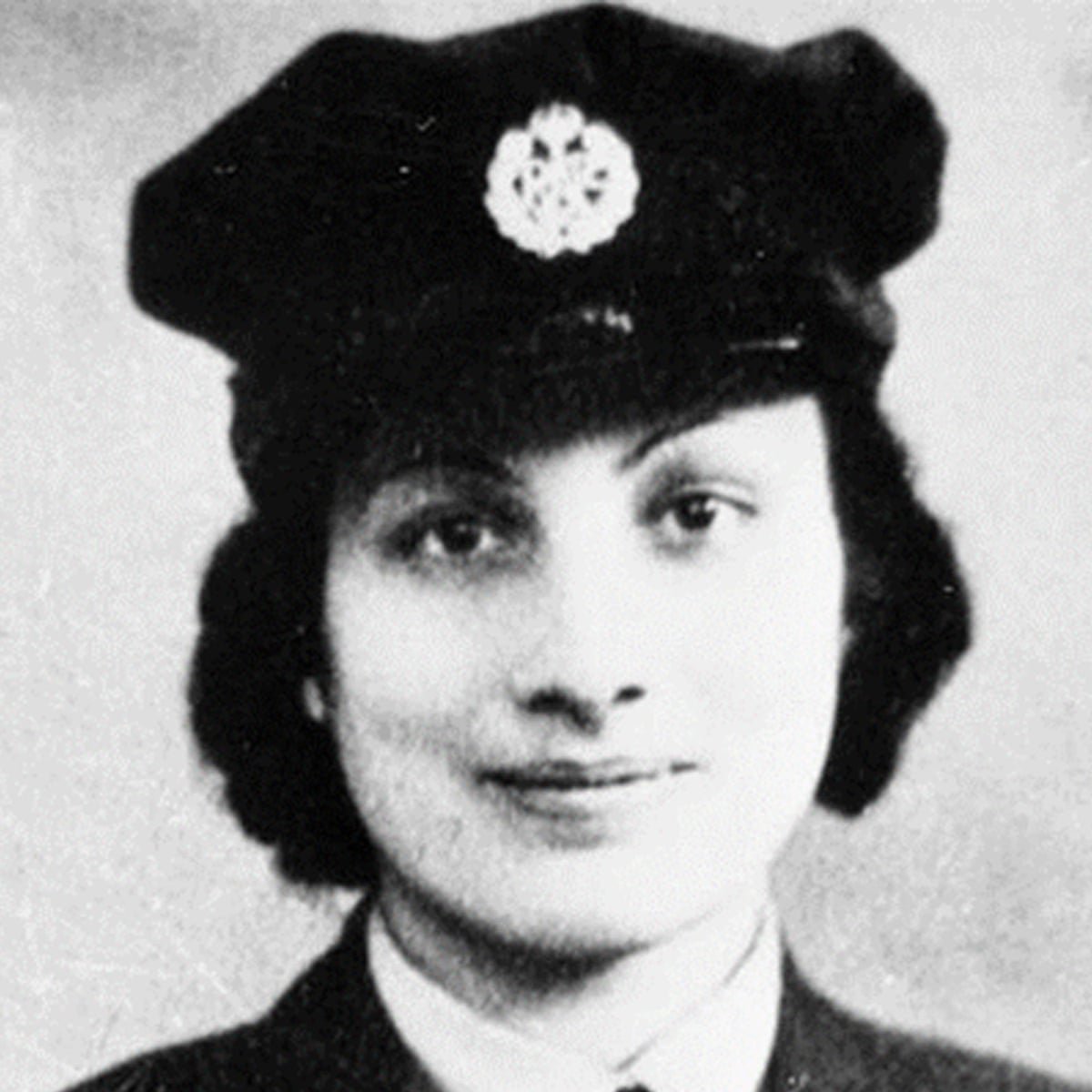
Naturally, many of us don’t know much about her or her contribution during the war, so we thought we’d enlighten you about the same.
A descendant of Tipu Sultan, Noor Inayat Khan spied for Britain during the Second World War when she served as a Special Operations Executive.
Even though she was captured and killed by the Nazis after being betrayed, her contribution to the war has never been/will never be forgotten. However, her contributions came to light only after author Shrabani Basu wrote Noor’s biography, Spy Princess, in 2006.
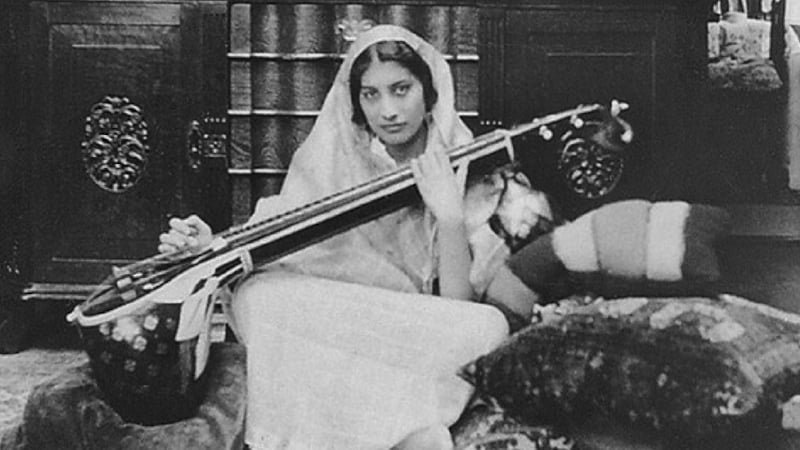
Inayat was the first female wireless operator to be sent from the UK into occupied France to help the French Resistance during World War II. Unfortunately, her life was short lived. She was captured by the Gestapo, the official secret police of Nazi Germany in Paris and was taken to Germany where she was executed in 1944.
But, before we go any further, lets learn a little more about her family and her childhood.
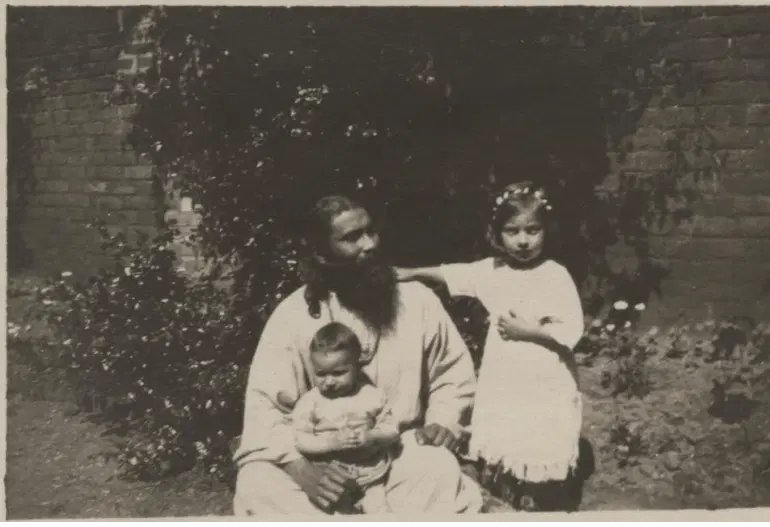
Her mother, Amina Begum (born Ora Ray Baker) was an American from Albuquerque, New Mexico, who met Inayat Khan during his travels in the United States. The family settled in England shortly after World War I broke out the same year.
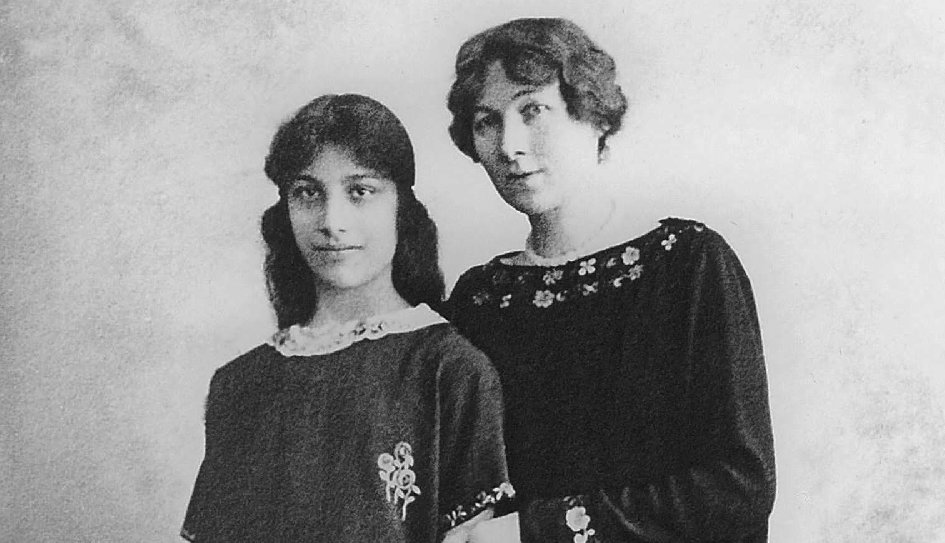
As a child, Noor was described as quiet, shy, sensitive, and dreamy. And, just like her father, she was a firm believer in non-violence and the oneness of all religions.
However, after her father died in 1927 during a trip to India, she had to take on the responsibility of taking care of her mother and her three siblings when she was just 13 years old. And, that was just the beginning for her journey. In 1940 when France fell to Nazi Germany, Noor fled to Britain with her family.
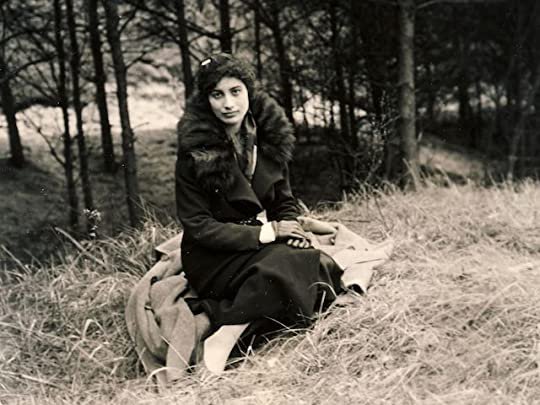
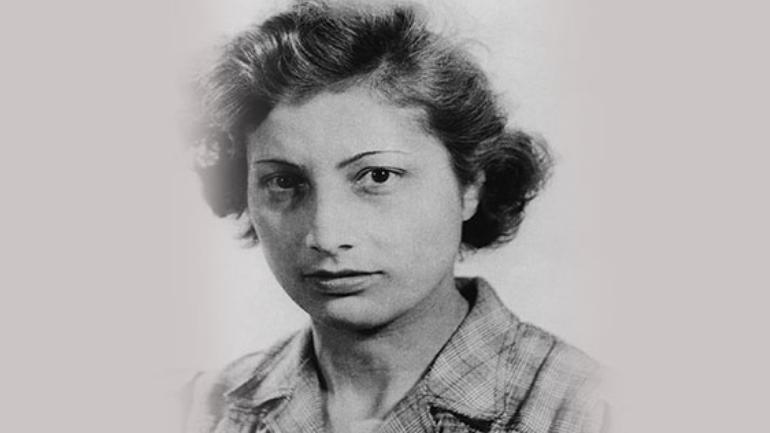
At the dawn of World War II, Winston Churchill, the former PM of UK ordered his new spy agency to train women for covert operations as there was shortage of men.
Aged 26, she became a radio operator and the first woman wireless operator to be sent to Nazi-occupied France. She went undercover and worked in France for three months in order to setup crucial links and to send information back to London.
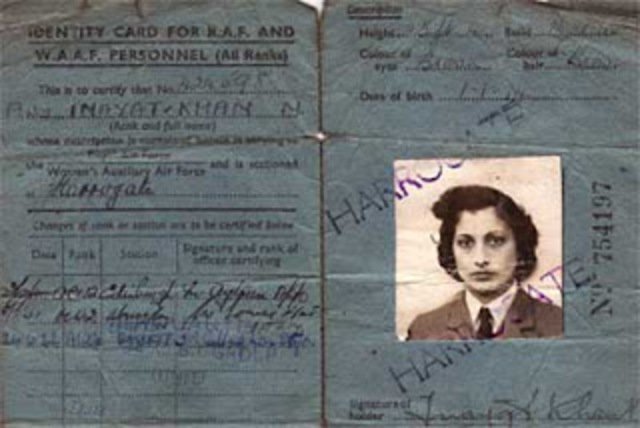
Her transmissions became the only link between the agents around the Paris area and London so she had a very important role to play. She was expected to live and survive for only 6 weeks after holding “the most dangerous post in France” but miraculously, she went unnoticed for 3 months.
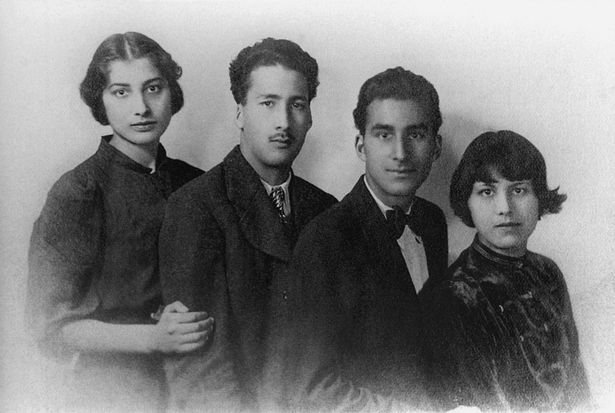
Ultimately, she was betrayed by a Frenchwoman and was sent to Dachau concentration camp. There, she went through hell. She was tortured for information for almost 10 months but, she refused to reveal anything. She remained loyal to her country till her last breath. On 13th September, 1944 she was shot dead in Dachau alongside three other SOE agents.
This year, Noor became the first South Asian woman to be honoured with the prestigious Blue Plaque in Bloomsbury where she lived. And in 1949, she was posthumously awarded the George Cross, United Kingdom’s highest civilian award for all her efforts.
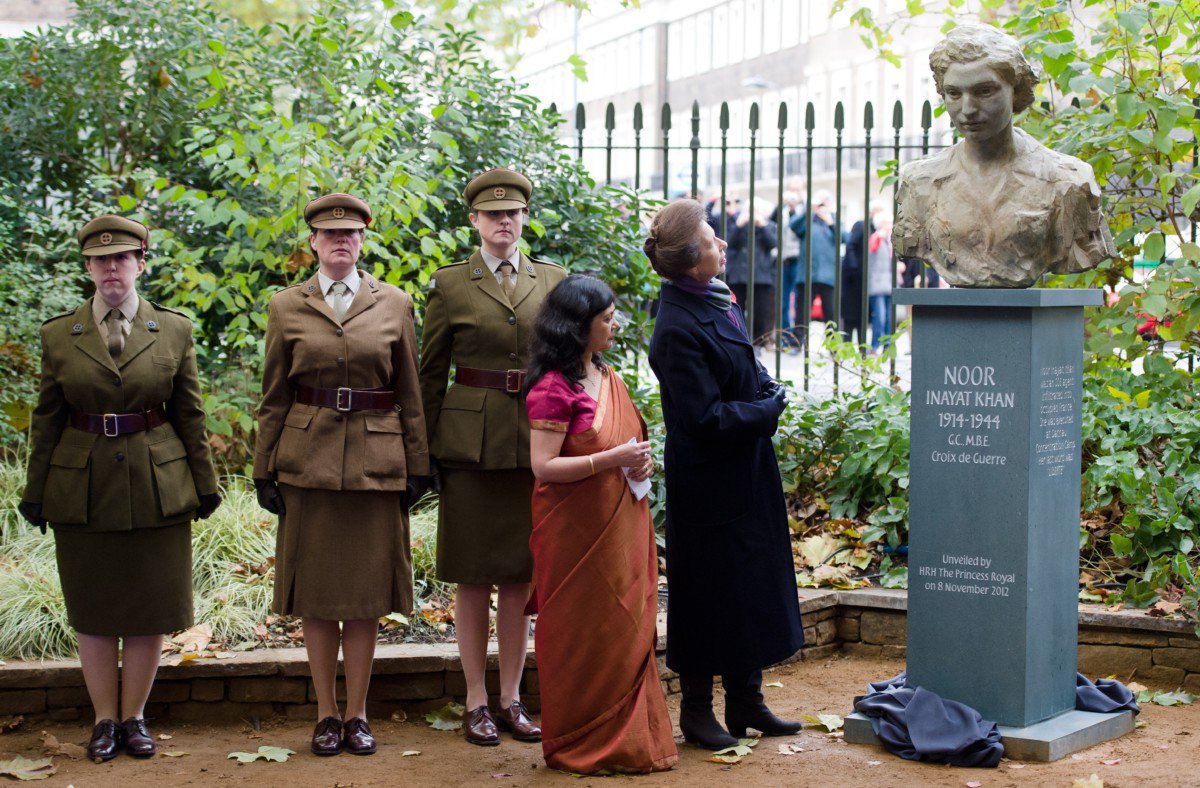
In fact, in 1946 she was also awarded with the French Croix de Guerre, a military honour awarded by France.
Ever since her death, many books have been written and movies have been made in honour of her bravery, kindness and courage. A Call to Spy is one of the latest movies that highlights Noor’s (played by Radhika Apte) contribution and unforgettable legacy that she left behind.

















